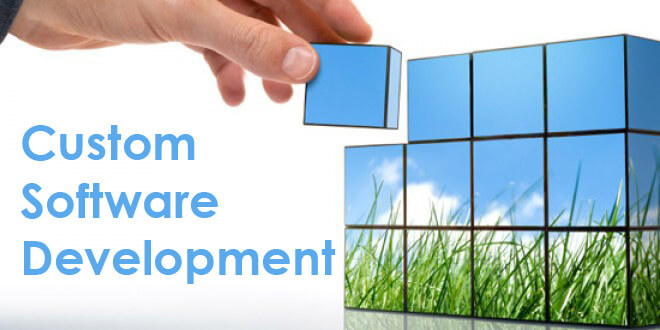Why Manufacturers need a Modern ERP system.
Manufacturing companies have traditionally been slow to react to the advent of digital technologies and their related impact across the manufacturing value chain and operating model. While there are a few manufacturing companies that have made rapid advances in deriving significant benefits from digital, their number is still small. For instance, in a recent industry survey, only 25% of the interviewed executives believed that the manufacturing sector would be highly impacted by digital transformation over the next five years. Our study found that digital innovation is critical when it comes to addressing manufacturers’ key business drivers and creating value.
ERP systems solve a number of challenges and provide invaluable benefits to manufacturers seeking to reduce costs, manage growth, streamline processes and gain a competitive advantage. ERP software integrates all areas of business (materials and inventory, production, operations and sales, accounting and finance, etc.) so that every business function relies on a single database. This “information hub†delivers accurate, real-time information crucial to the manufacturing industry.
Here are the top reasons why manufacturers need a modern ERP system:
Streamline Processes. As manufacturers grow, their operations become more and more complex. ERP manufacturing software automates all business operations, providing accurate, real-time information. ERP increases efficiency and productivity by helping users navigate complex processes, preventing data re-entry, and improving functions such as production, order completion and delivery, accounting, sales operation etc.
Cost Reductions. With one source of accurate, real-time information, ERP software reduces administrative and operations costs. It allows manufacturers to proactively manage operations, prevents disruptions and delays, breaks up information logjams and helps users make decisions more quickly.
Flexibility. Modern ERP software systems are robust, flexible and configurable. They are not a one-size-fits-all proposition, but can be tailored around the unique needs of a business. ERP systems also have the ability to adapt with the ever-changing needs of a growing business.
Competition. ERP systems may require an investment, but there is also a cost to do nothing. Manufacturers cannot afford to put off an ERP implementation while their competition invests in ERP and starts reaping the benefits.



